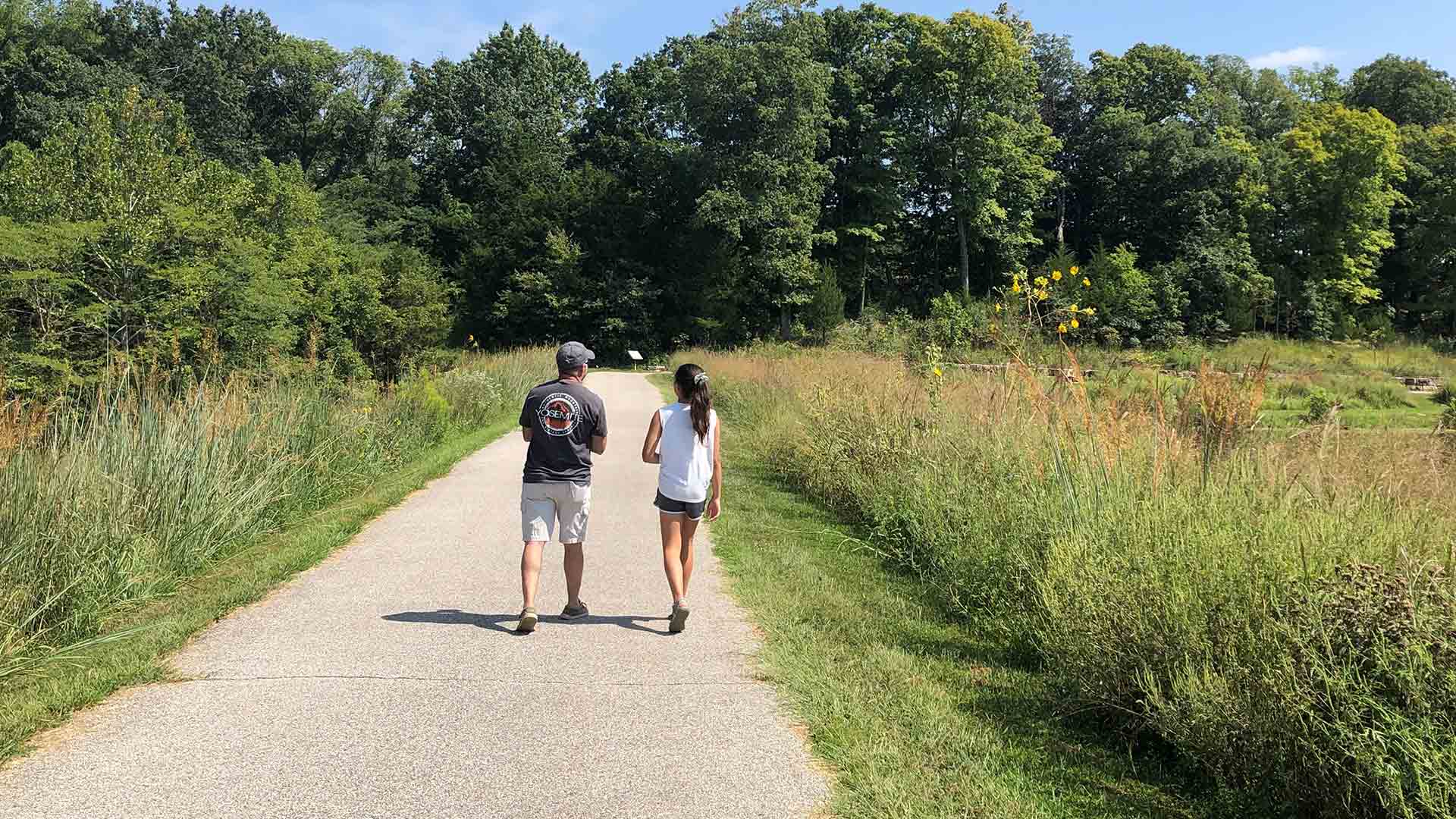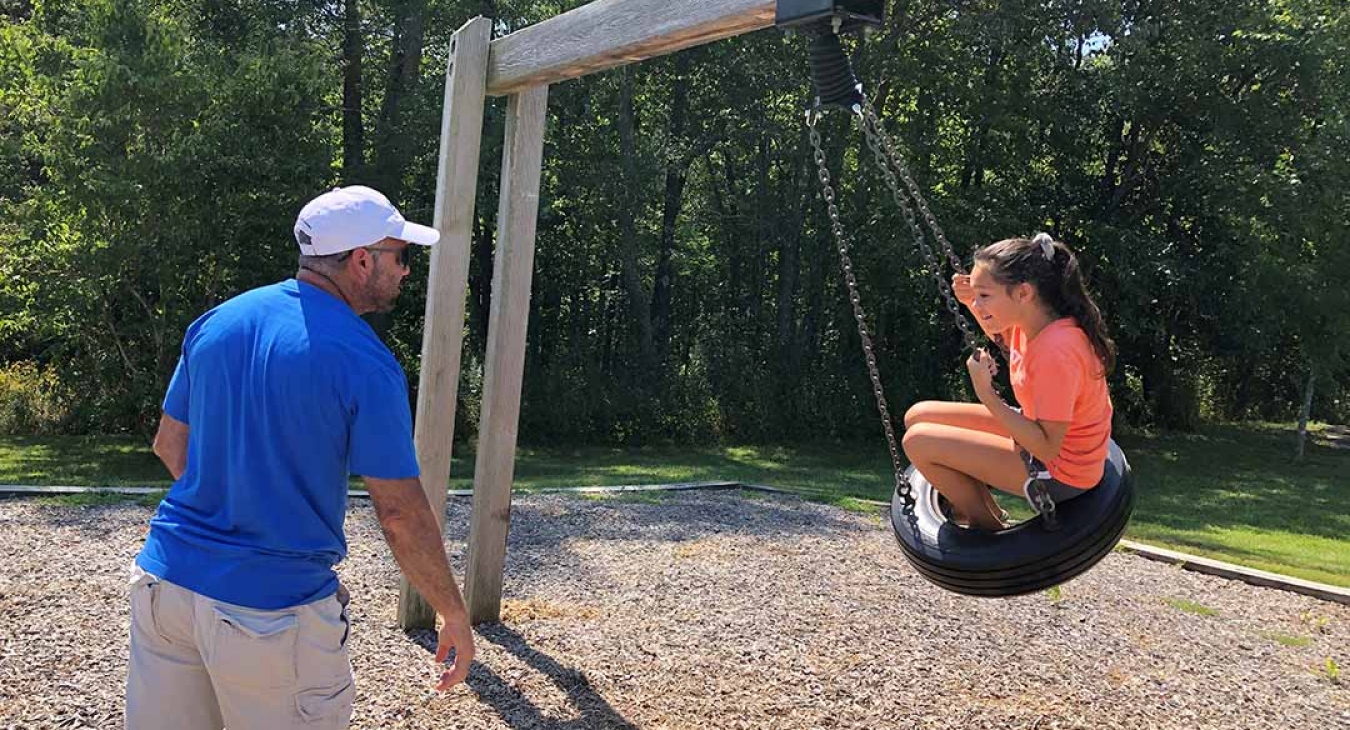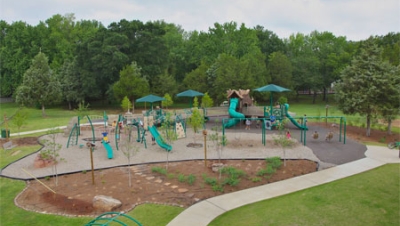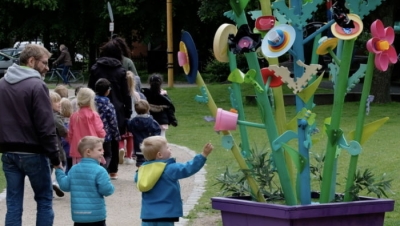Turn a Hostage Situation into a Family Adventure
In any hostage situation, those held captive begin to exhibit some abnormal behavior. Some individuals cope better than others. Depending on the level of stress, some may do anything within their means to resist and break free whereas others may internalize the stress. This stress may resurface later or manifest through other forms of behavior. Nevertheless, being cooped up does eventually have an adverse effect on people of all ages who once were accustomed to daily movement and access.
Thankfully, there is no real captor during the 2020 pandemic crisis and concessions are not being demanded in the form of ransom or political reward. However, people around the country are feeling the constrictions in what was once a more “unlimited” and comfortable sense of normalcy. Children who lack the aptitude and skill level to process the full extent of the major shift in 2020 are the ones who need the most attention at this moment. All they see is a new world full of people with a cloth over their nose and mouth, canceled birthday parties and playdates, changing educational models, a daily demand to wash hands, and keep hands away from their faces. All of this translates to a sense of grave uncertainty. If we as adults are feeling the stress from the ever-changing situation that has no end in sight, then we must realize that our little ones are feeling it ten-fold.
So how are children coping? Are they acting out and exerting their independence a bit more forcefully? Are they more clingy requiring extra time to cuddle at night or no longer sleeping in their own rooms? Are more agitation and conflict happening between siblings?
All to be expected, since the typical outlets for pent up energy and the vehicles for individual expression, have been either interrupted or taken away… the opportunity to move, to go outside and play with other children. Childhood confined within the walls. With countless events canceled including summer camps, family reunions, sports leagues, and more, families have had to adapt. In some households, activities have been replaced with an extension of screen time, hours upon hours watching the endless supply of streaming programs, all the while they are sitting still. Children are not designed to be sedentary. It is not their nature. Play is critical for ALL children at every stage of childhood. It impacts the ability to learn, to traverse through raw emotions, feeds the need for socialization, and is a remedy to combat childhood depression and anxiety.
Communities are seeing a higher rate of visitors migrate to parks, playgrounds, and open green spaces. If anything, the tonic of nature and calm provided by parks, along with the opportunity to move, stretch, and exercise are exactly what families need right now. Even if you prefer not to allow your children on a public playground then bring your own recreational equipment (ball, jump rope, frisbee). Take a hiatus to an open lot or area where there are no digital distractions and plenty of distance between your family and others. Coordinate a scavenger hunt or play I-Spy while walking along a trail. To restore what was lost, what was taken away by the pandemic, families need to spend quality time together outside of the home. This is the moment for a family adventure, to shine the light on how fun and memories can be made without paying an admission cost. Put consumerism on the back burner and unplug all digital devices. Take a deep breath and walk away from the growing and never-ending “to do” list.
Break free from the wall in your home. We are free to move around today, with extra caution, and to enjoy what nature and parks continue to provide…peace.




















Add new comment